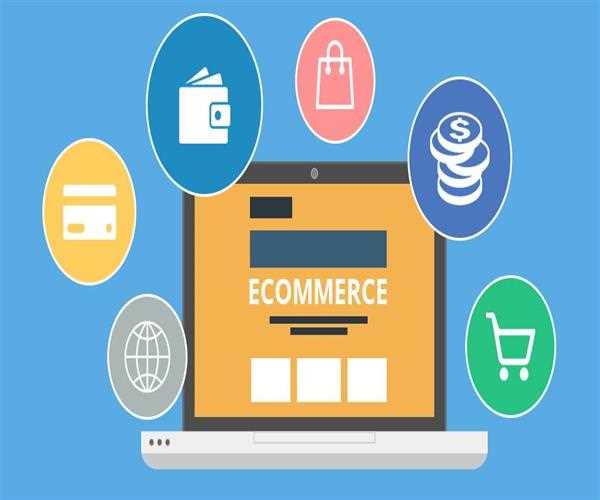When you search at google.com you to see that a pandemic to make digital marketers realise that e-commerce was in fact still in its infancy.

Now global brands need to find relevance again as they reconnect with consumers once more. It is these very consumers who are in greater need than ever of a strong, meaningful online experience, given the need to continue living cautiously.
One of the biggest recent shifts is that it’s no longer mainly younger generations shopping online , people of all ages have been forced to adopt new digital behaviours. This certainly favours e-commerce, but marketers need to tread carefully as e-commerce alone doesn’t build brand affinity.
The online experience has to be impactful and positive, the brand has to be relevant and the communications have to strike a chord. What the pandemic has taught many brands is D2C e-commerce isn’t just for agile speciality startups that don’t adhere to legacy retail; it’s for all brands looking to drive preference, loyalty and repeat sales through a directly owned relationship.
I for one believe that the quantum shift in digital we have experienced is set to continue well after lockdown. Certainly what we are seeing is what would have taken organisations a decade in the post-COVID environment occurred in just a few months. Never mind the once sturdy go-to-market strategies dependent on bricks and mortar that were eclipsed overnight, at least those products that were accessible and easy to procure online were given a real boost. Little wonder that social selling is now reaching fever pitch.
Having said that, disrupting the e-commerce status quo is not for the faint-hearted. Whilst the opportunities to scale up e-commerce offerings have never been better – consumers now expect their online experiences to mirror the likes of Amazon with its slick, quick and cost-effective deliveries. The D2C model is poised to explode, not only in consumer products, but also in business to business, yet many digital marketers still appear to be hesitating.
This is a time to dive in and rebuild new consumer loyalties. Research has shown that those brands that are able to constantly anticipate and respond to changing customer needs are thriving, and now more than ever a real step-change has occurred. It appears that many brands are still stuck in their post-COVID mode, which, as it turns out, did not maximise on e-commerce opportunities.
Even prior to March 2020 consumers preferred buying from companies that delivered relevant, timely and personalised interactions. Now that habits and perceptions have changed and new behaviours learnt digital marketers need to prioritise how they can become part of a customer’s new-everyday life and reconnect in a more meaningful and relevant way.
One of the key ways to add value is by delivering impactful content creation. More than ever online advice is crucial and those marketers who address customer pain-points and how they can solve them, rather than flogging products or services, will thrive.
This means shifting towards consumer intimacy as well as enhanced consumer knowledge and centricity. This is about behaving in a way that allows the customer to feel confident yours is the brand they want to deal with. I believe this is going to be a key differentiator going forwards.
Take into account that during the crisis many consumers closely re-evaluated their consumption habits, what they define as essential products, as well as how to live better lives, even for the good of others. These values are now guiding people towards brands that represent their personal aspirations – this is a time for e-commerce to get out of its own way and add in a serious dose of authenticity.
Coronavirus has triggered many brands to reassess their existing routes to market. As the world begins to return to some level of normality, it’ll be interesting to see how many new strategies will become the new normal for digital marketers across the globe.




Leave Comment